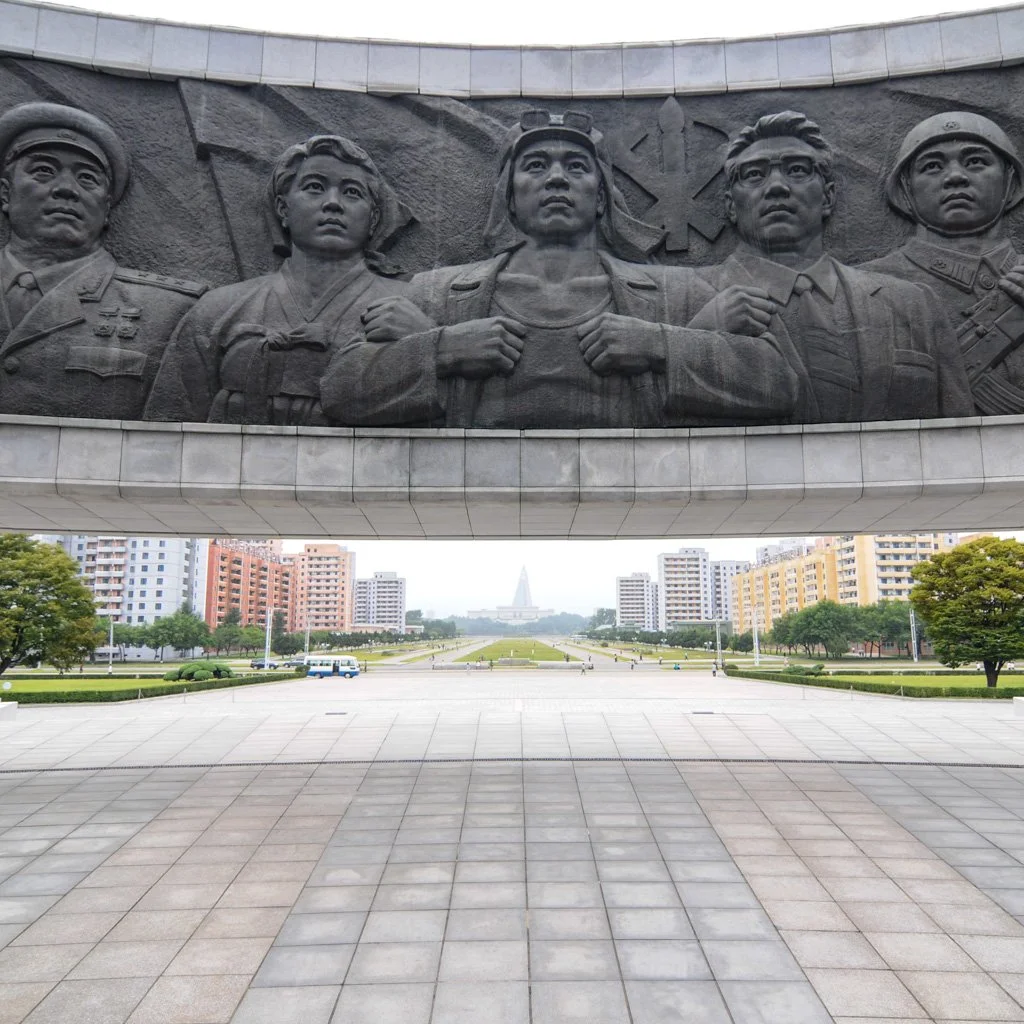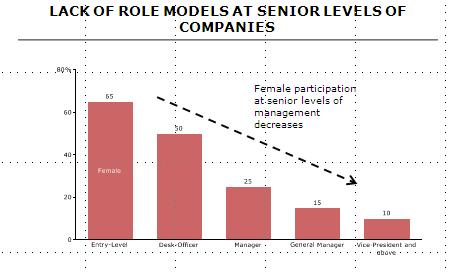In our workshops in North Korea, we have interacted with a number of highly-educated female managers in state-owned enterprises as well as businesswomen who run their own enterprises. Many of them are both highly capable and excited about growing the businesses they own. They have come a long way, and some even have the opportunity to take their businesses overseas. Haedanghwa, a North Korean restaurant and food business in Beijing, has a female General Manager by the name of Han Myong Hui. The restaurant aims to “provide pollution -free raw materials and seasoning from Korea and ensure unchangeable taste based on the strict hygienic quality management system” which is not too bad a value proposition given the perpetual smog sitting over Beijing. During my first trip to North Korea I met a female university student who talked about how she wanted to go into business and show that females can be good business leaders. In fact, this the initial impetus for setting up Choson Exchange. Females play an important part in North Korea’s business sector, which we attribute to their greater labor mobility compared to male colleagues who have to stay in government-assigned positions. Unsurprisingly, service sectors tend to have a higher representation of female managers compared to industrial sectors.
However, at many levels they are still under-represented. We previously surveyed a North Korean who is familiar with North Korea’s business sector, and found that as we go up the organizational hierarchy, female participation rates fall to 10-15% at the General Manager and more senior levels, compared to 65% at the entry level (we believe they are over-represented here because of stagnant career progression).
Our initial hypothesis was that access to business training and international opportunities could go a long way towards leveling the playing field for female managers in North Korea. We found that at the University of National Economy, a key focal point for business training, only 20% of enrollees are female. Furthermore, only 5% of international business opportunities are given to females. Depending on our ability to fund-raise for such a program, we hope to be able to more actively target this segment in order to bridge the capacity gap.
A program that will ensure a more level playing field should focus on providing networking opportunities, business and leadership skills training, and opportunities for international business exposure.





